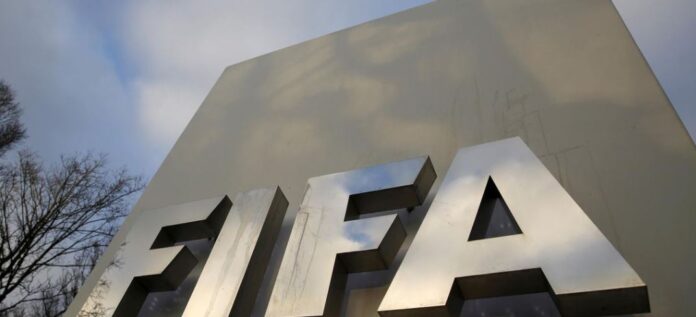Soccer’s governing body, FIFA, and the World Health Organization (WHO) have unveiled a global concussion awareness campaign, developed in collaboration with brain health experts. The initiative, titled “Suspect and Protect: No Match is Worth the Risk,” aims to raise awareness about the dangers of traumatic brain injuries and provide key resources on concussion prevention and management, according to a joint statement released on Wednesday.
FIFA President Gianni Infantino emphasized the importance of prioritizing player safety, stating, “By knowing the signs of concussion, being aware of the risks, and treating a concussion correctly, you can help to put player safety first.”
This campaign follows the recent approval by the International Football Association Board (IFAB) of permanent concussion substitutes, which were introduced during this year’s Copa America after a successful trial.
WHO Director-General Tedros Adhanom Ghebreyesus stressed the need for greater awareness of concussions at all levels of the game, adding, “WHO is proud to team up with FIFA to promote ways to protect the brains of footballers.” The joint initiative seeks to enhance concussion protocols and educate both players and officials on the risks associated with head injuries in soccer.
Global Concussion Awareness: Addressing a Growing Health Concern
Concussions, a form of mild traumatic brain injury, have gained global attention as awareness of their long-term impacts grows. These injuries, often caused by blows to the head or violent shaking, can have serious neurological consequences if not properly managed. Concussions affect people across various sectors, including sports, transportation, and the workplace, emphasizing the need for heightened global awareness and preventive measures.
The Importance of Early Diagnosis and Treatment
A concussion can occur in any setting, yet they are most common in contact sports like football, rugby, and boxing. Symptoms such as headaches, dizziness, confusion, and memory loss can appear immediately or develop gradually. Early diagnosis and proper medical intervention are critical in reducing the risk of long-term brain damage. Despite this, many individuals often ignore or underestimate the seriousness of these symptoms, putting themselves at greater risk of prolonged injury.
Global Initiatives and Research Efforts
In response to rising concerns, various organizations and medical professionals have launched campaigns to educate the public about the dangers of concussions. For instance, the Concussion in Sport Group (CISG) has developed standardized protocols for the diagnosis and management of concussions in athletes. Global initiatives like International Concussion Awareness Day promote understanding of concussion risks and encourage individuals to seek immediate medical advice when head injuries occur.
Additionally, research into the long-term effects of repeated concussions has revealed links to chronic traumatic encephalopathy (CTE), a degenerative brain condition often seen in athletes and military personnel. These findings have further pushed for reforms in sports safety protocols and helmet technology to reduce the incidence of concussions.



